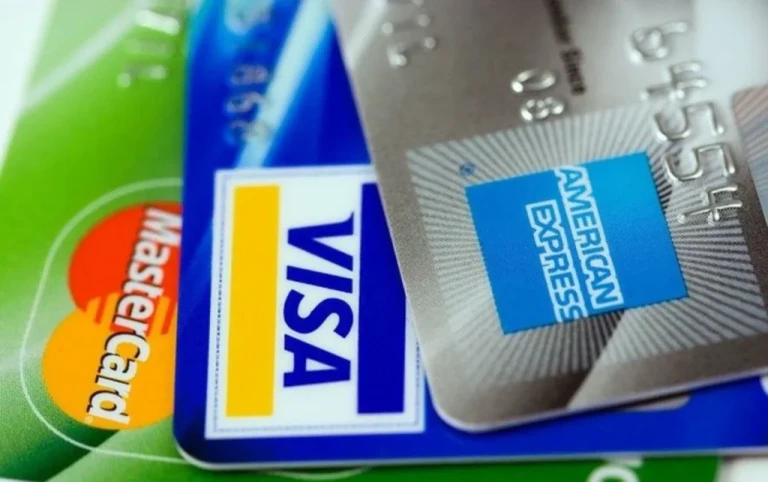What is a Credit Score?

A credit score is an indicator of a consumer’s credit-worthiness, which ranges from 300 to 850. The better a borrower seems to potential lenders, the higher their score. A credit score is based on a person’s credit history, including the number of open accounts, total amount of debt, history of payments, and other elements. Credit scores are used by lenders to evaluate the likelihood that a borrower would make timely loan repayments.
- Excellent: 800–850
- Very Good: 740–799
- Good: 670–739
- Fair: 580–669
- Poor: 300–579
What are the major Credit Score factors?
Following are the major Credit Score Factors:
- Payment history – 35%
- Total amount owed – 30%
- Length of credit history – 15%
- Types of credit – 10%
- New credit – 10%
A person’s payment history, which accounts for 35% of a credit score, reveals whether they consistently make their payments on time. Credit utilization, which measures how much of a person’s available credit is being used, counts for 30% of the total amount owing. Longer credit histories are deemed less dangerous since there is more information available to assess payment history, which accounts for 15% of the credit score.
10% of a credit score is based on the type of credit a person uses, which reveals whether they mix revolving credit like credit cards with installment credit like auto loans or home loans. 10% of total credit also comes from new credit, which takes into consideration a person’s total number of new accounts. The number of recent credit inquiries they’ve made while applying for new accounts, and the date that their most recent account was started.
How to improve your Credit Score?
Here are some of the important steps that a person can follow to improve his/her credit score.
- Pay your bills on time
- Increase your credit line
- Work with one of the best credit repair companies
- Do not close a credit card account
Pay your bills on time:
To noticeably improve your credit score, you must make on-time payments for six consecutive months.
One of the most important things you can do to maintain a good credit score is to pay your bills on time. This includes all types of bills, from credit cards and loans to utility bills and rent payments. Even one late payment can have a negative impact on your credit score, so it’s important to make sure you’re always paying your bills on time.If you’re having trouble keeping up with your bill payments, there are a few things you can do to help make it easier.
First, set up automatic payments for all of your bills so you don’t have to remember to make each payment each month. You can also set up reminders on your phone or calendar so you don’t forget when a payment is due. Finally, make sure you have a budget in place so you can better keep track of your expenses and make sure you have enough money each month to cover all of your bills.
Increase your credit line:
Call and ask for a credit boost if you have credit card accounts. You should be given a higher credit limit if your account is in good standing. To keep your credit usage rate low, it’s crucial to refrain from using this amount.
A credit line is the maximum amount of credit that a financial institution extends to a borrower. Increasing your credit line can give you more flexibility in managing your finances and can also help improve your credit score. There are a few different ways to increase your credit line.
One way is to simply ask your lender for an increase. They may be willing to give you a higher limit if you have a good history with them and are current on your payments. Another way to get a higher credit line is to apply for a new credit card with a higher limit. Finally, you can try transferring some of your balance from one card to another with a higher limit. If you’re trying to improve your credit score, it’s important to use any extra-credit wisely. Making small charges and paying them off promptly will show that you’re responsible with it and help improve your score over time.
Take help from the best credit repair companies:
There are many credit repair companies that can help you improve your credit score. However, it is important to choose a reputable and experienced company to work with. The best credit repair companies will have a proven track record of helping people improve their credit scores. They will also offer a money-back guarantee if they are unable to help you improve your credit score.
Do not close a credit card account:
 Credit Cards
Credit CardsIt is advisable to cease using a certain credit card if you aren’t using it rather than canceling the account. Closing an account may lower your credit score depending on the age and credit limit of the card. Consider the scenario when you have two credit cards with a combined maximum of Rs.50,000 and a Rs.10,000 debt. Your credit usage rate is at 20%, which is favorable. However, if you cancel one of the cards, your credit usage rate would go to 40%, which will lower your score.
Who Calculates Credit Score?
There are a few different credit scoring models in India, but the most common is the CIBIL score. This is calculated by the Credit Information Bureau of India Limited and is based on your credit history. Other factors, such as your income and employment history, can also affect your CIBIL score.









